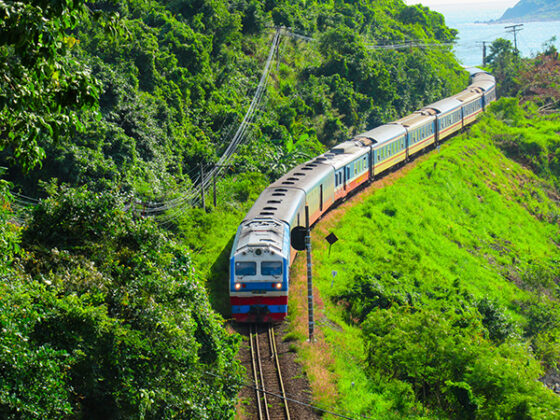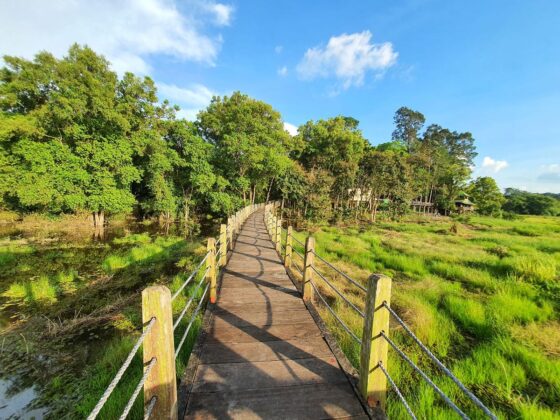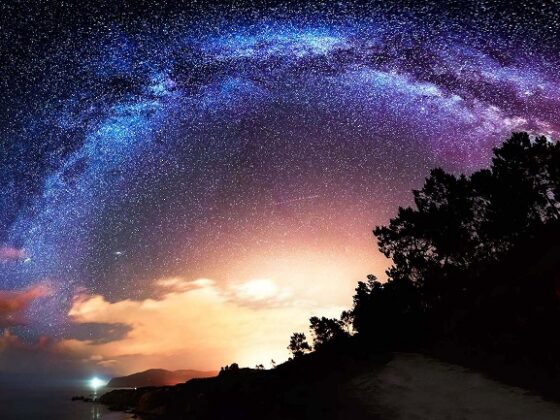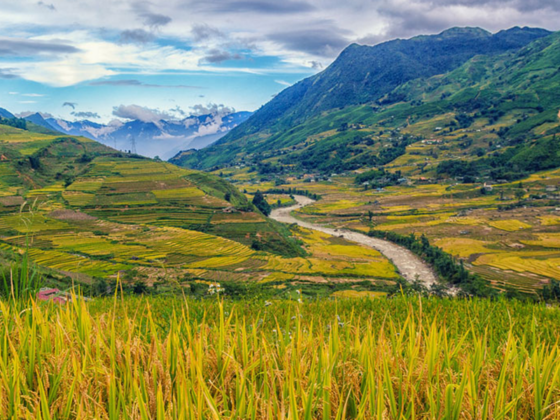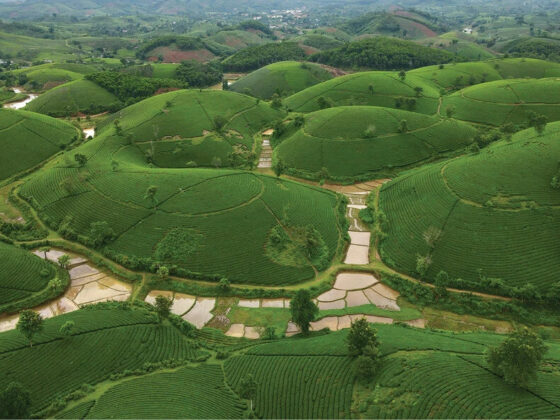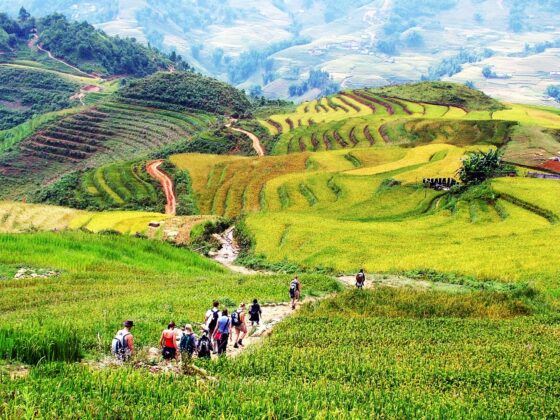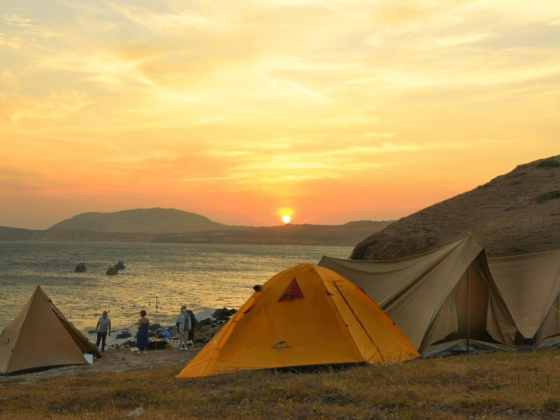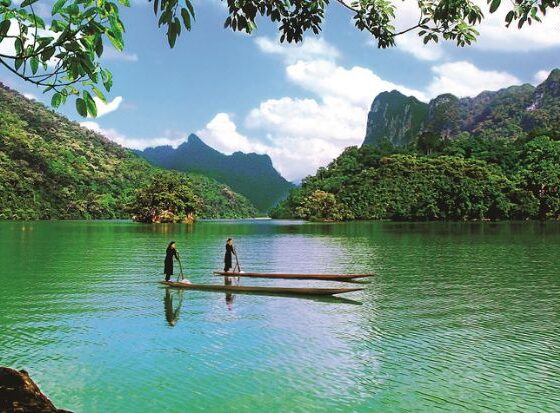Table of Contents Show
✍️ AI is summarizing:
There was a time I thought adventure meant jumping out of planes, crossing deserts, or scaling mountains with ice axes and GoPros. The bigger, the better. The scarier, the more impressive. But over the years, after countless hikes, solo treks, quiet sunrises, and rain-soaked nights under canvas I’ve come to realize the true meaning of adventure: it’s something deeper.
Read more interesting posts here:
- Freedom with a Safety Net: A Guide to Our Personal Safety App for Outdoors
- From Screen Time to Green Time: Simple Family Activities to Reduce Screen Time
- Beyond the Spa: A Guide to Creating Your Own Vietnam Wellness Retreats
How my personal meaning of adventure has evolved

Outdoor adventure isn’t about proving something. It’s about remembering something. This is the heart of the meaning of adventure. It’s easy to treat nature like a backdrop for our goals, distances to be tracked, peaks to be bagged, photos to be posted. But the more I return to the trail, the more I find it’s not about conquest at all. It’s about coming back to something we’ve forgotten in daily life: stillness, simplicity, and presence.
Adventure begins, in my experience, not when we cross into the wilderness, but when we step out of routine. It begins the moment we let go of the to-do list, the inbox, the noise, and choose instead to tune into the wind in the trees, the ache in our legs, the rhythm of our breath. This, for me, is the core meaning of adventure: not escape, but re-alignment.
Finding the true meaning of adventure in presence, not performance

When I’m outside, I mean really outside, away from cities, from signal bars, from expectation. I become more me. Not the curated version. Not the busy version. Just a human being in a wild and honest world. This is the ultimate lesson in the meaning of adventure.
Outdoor adventure has taught me how little I actually need to feel full. A bottle of water, a patch of shade, the sound of birdsong, and a trail beneath my feet; this is the kind of wealth that doesn’t run out. This is the meaning of adventure. It’s not about pushing through. It’s about tuning in. Listening to your body, your surroundings, and even your thoughts – the ones that only get loud when everything else goes quiet.
What the trail teaches us about the meaning of adventure
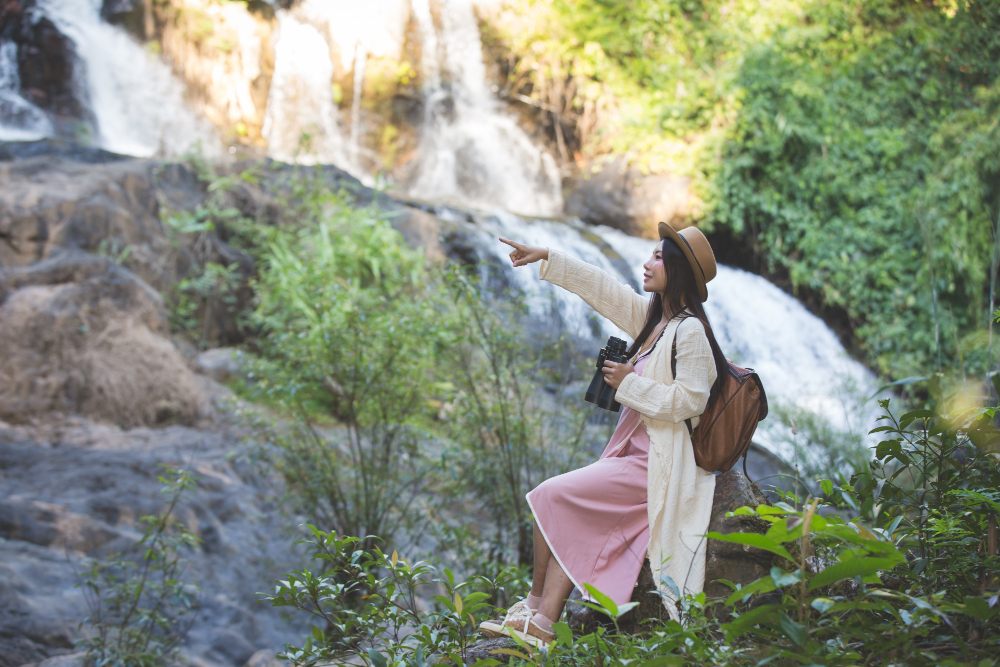
There’s a kind of philosophy woven into the trail, whether we realize it or not. The Stoics found wisdom in nature’s cycles. Eastern traditions speak of harmony and flow. And when I’m walking under trees older than cities, beside rivers that shaped civilizations, I understand why. This is the ultimate meaning of adventure: nature reminds us of what endures. What matters? What doesn’t.
It also teaches surrender. Out there, you’re not in control. The weather changes. The path vanishes. The plan falls apart. But you learn to adapt. To breathe. To keep moving forward. That’s the kind of resilience no gym or podcast can teach.
How connection and technology shape the modern meaning of adventure

And maybe the most beautiful surprise of outdoor adventure, and the ultimate meaning of adventure, is the way it connects us – to strangers, to friends, to ourselves. Some of my most memorable conversations didn’t happen in cafés or meeting rooms. They happened over shared trail snacks, beside quiet fires, or during long uphill climbs with no end in sight. Stripped of titles and roles, we become simply people again. Real. Raw. Open.
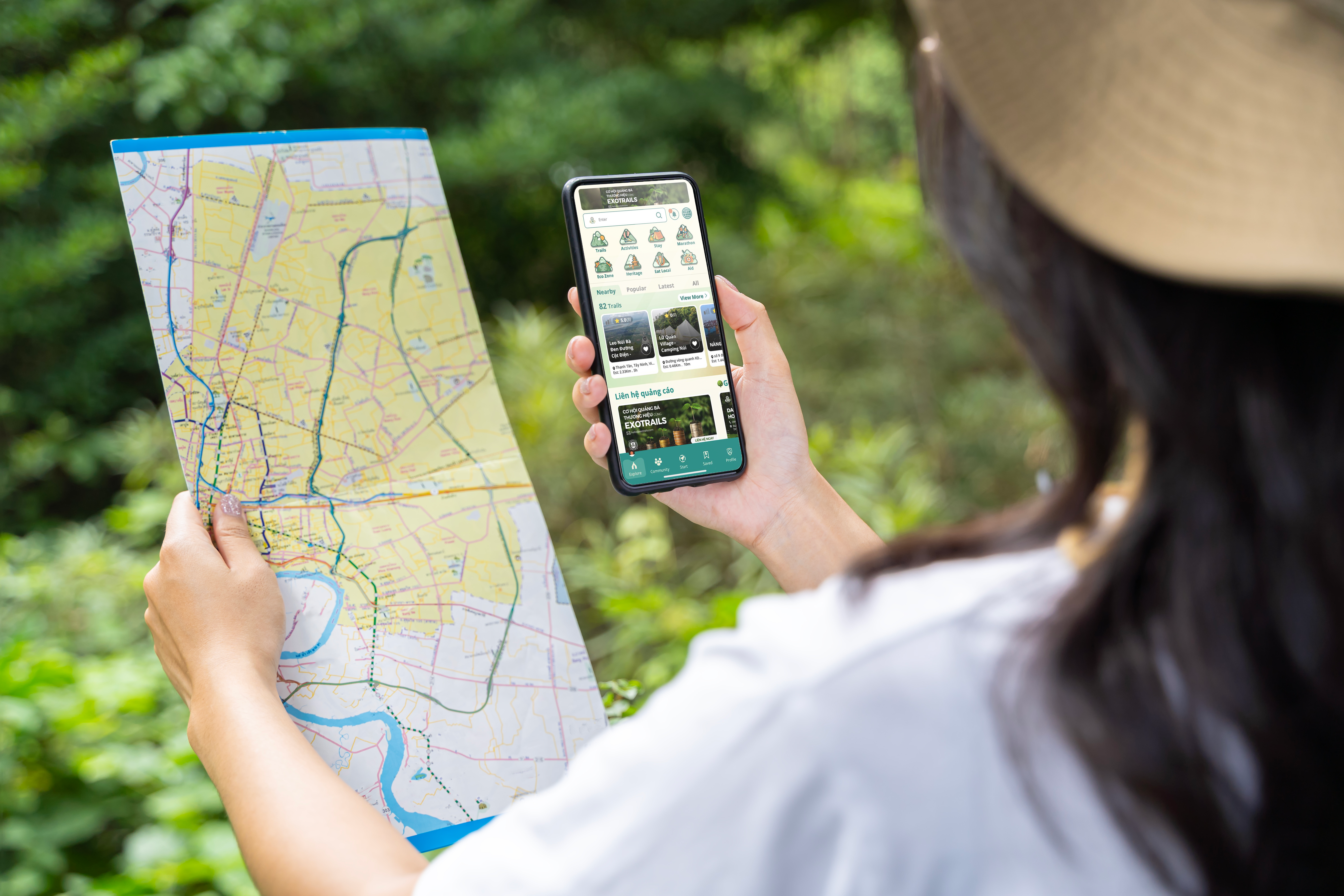
Today, tools like the ExoTrails app help me explore more mindfully. They point me toward new paths and quieter places. This is the new meaning of adventure: not for the sake of ticking off another trail, but to be in conversation with the land, to walk with intention. Whether I’m alone or with others, that sense of grounded connection stays with me long after the hike ends.
So no, adventure isn’t always adrenaline. It doesn’t need a summit photo. It might not even look like much to anyone else. But it changes you. Because at its heart, outdoor adventure is not about how far we go, it’s about how deeply we notice. How freely we breathe. And how fully we come alive.
Conclusion
In the end, the meaning of adventure isn’t found on a map or measured in miles. It’s an internal state of being a willingness to be present, to embrace the unknown, and to connect deeply with the world as it is. It’s not about how far we go, but how fully we come alive in the process.
Ready to find your own adventure? Join our community of explorers in the ExoTrails Facebook Group and follow the ExoTrails Fanpage for daily inspiration and trail tips!
FAQs
What is the modern definition of adventure?
The modern definition is shifting from extreme, adrenaline-fueled activities to more personal journeys focused on mindfulness, presence, and genuine connection with nature.
How is adventure different from travel?
Travel is about visiting a place, while adventure is a mindset of embracing uncertainty, personal growth, and deep engagement with your surroundings, wherever you are.
Can a small, local trip still be an adventure?
Absolutely. Adventure is about your state of mind, not the distance traveled; a curious walk on a new local trail can be more adventurous than a planned tourist trip.
What are the psychological benefits of adventure?
Adventure builds resilience, boosts self-confidence, reduces stress by promoting mindfulness, and fosters a deeper sense of connection and purpose.
How do you find adventure in everyday life?
Find adventure by breaking your routine, exploring a new local park or neighborhood, saying “yes” to spontaneous opportunities, and embracing a mindset of curiosity.



